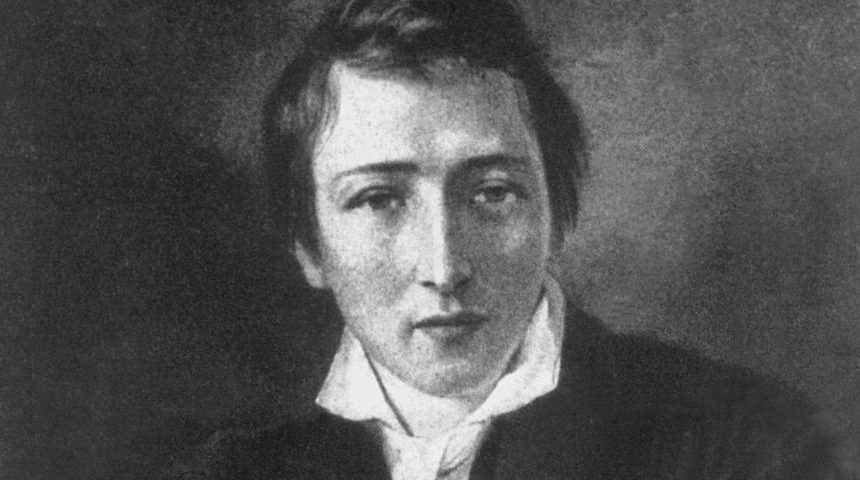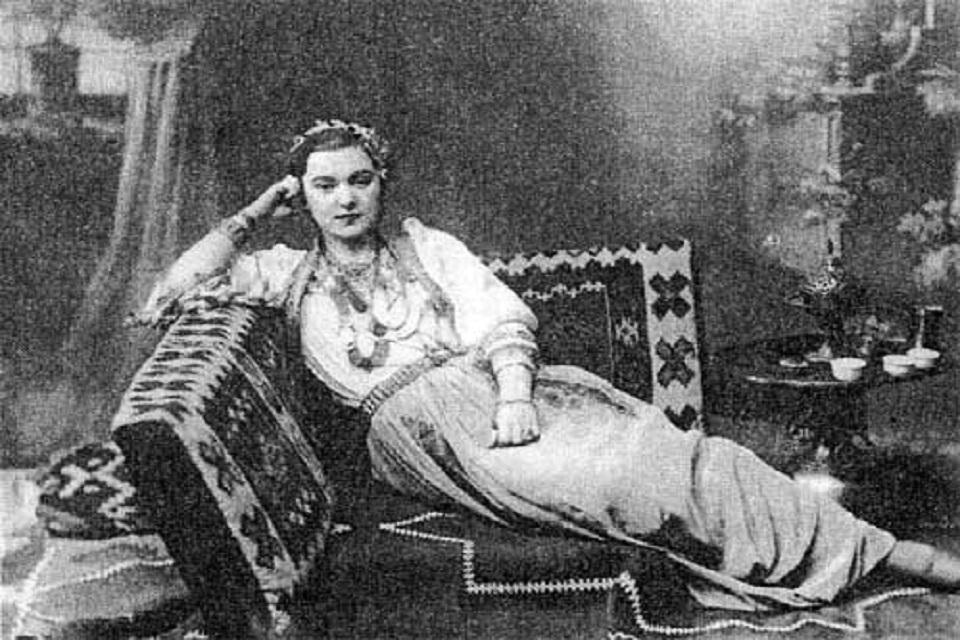Melancholic melodies and verses of a tragic and overwhelming love have brought feeling of “Sevdah” for generations of Bosnians-Herzegowinians, and other numerous lovers of Sevdalinka from the whole territory of the former Yugoslavia. However, the author of the song is none other than the German poet Heinrich Heine, one of the greatest writers of world history and European literature.
The original title of the song was “The Asra”, which was translated into Bosnian by the writer Safvet-beg Bašagić.
This song was most probably written in 1845 or 1846 in Paris. Heine had been living in France since 1831.
For Heine, the Orient represented a place of happy and unhappy, simple and sensitive (refined) feelings. In many of his songs, the Orient has a significant influence.
An ancient legend has it that Yemen was home to an ancient tribe called the Azra (Virgin). If the young men of this tribe were forbidden or unable to manifest their love for their lovers, they went to the desert or to war to die as quickly as possible because they did not want to live without love. This legend left a significant impression on Heinrich Heine and inspired him to compose the song Azra.
For many, Himzo Polovina and Zaim Imamović have most aptly performed this song. Heine’s verses have been composed and performed by numerous orchestras and singers such as Hanka Paldum, Zvonko Bogdan, Emina Zečaj, Ibrica Jusić and others. The latest version of Heine’s work can also be heard in the jazz performance of “Sarajevo Jazz Guerilla” or in the interpretation of Damir Imamović.
Nevertheless, Hanka Paldum was the only one who sang the song in the original German language.




